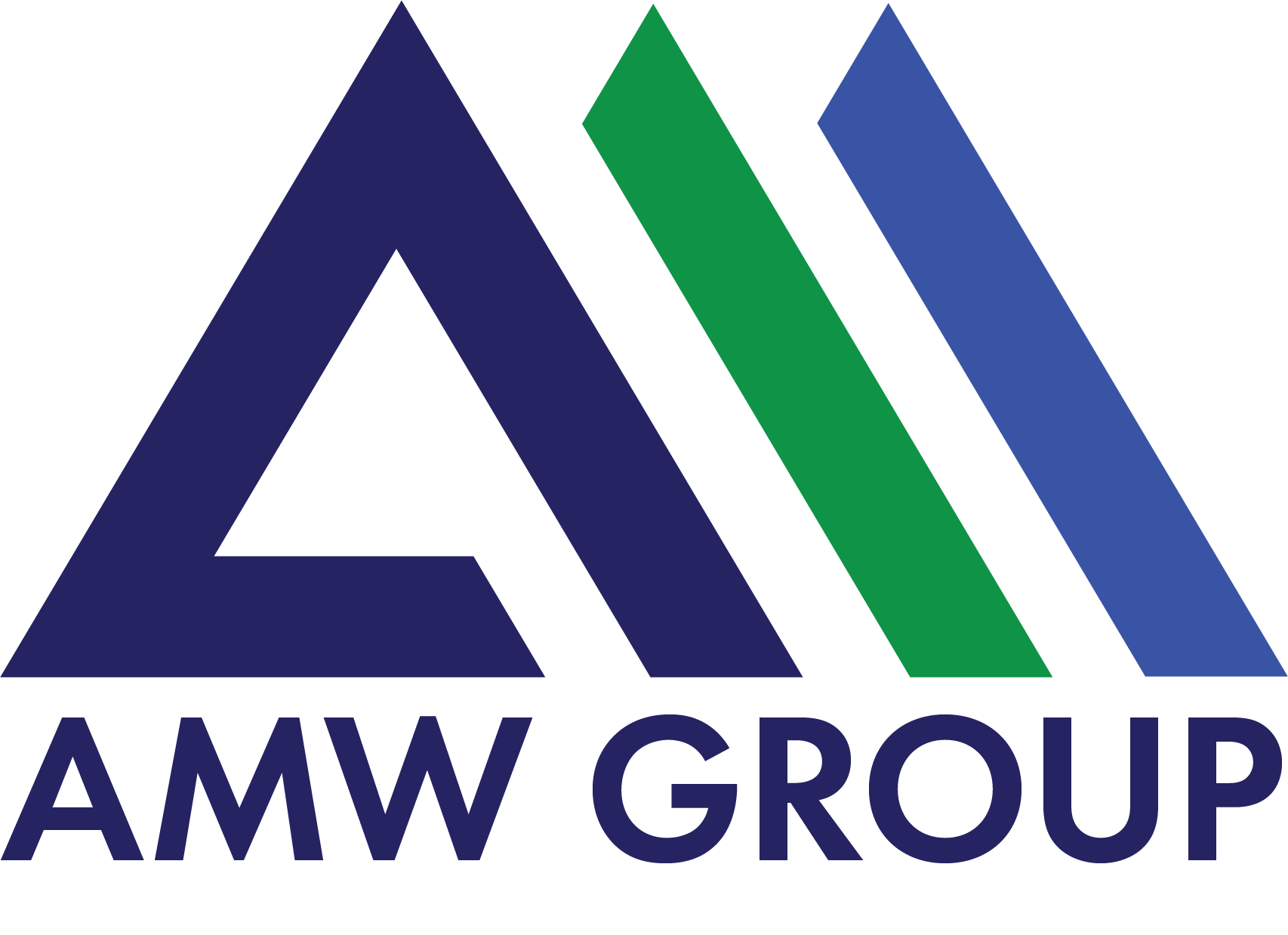Every founder knows the start-up grind: long nights, duct-tape systems, and wearing twelve different hats before lunch. That hustle can get you off the ground, but it won’t carry you to sustainable growth.
Scaling a business is less about “working harder” and more about knowing when to step back and bring in expertise. At a certain point, outside consulting isn’t a luxury. It’s the bridge between barely keeping up and building something that lasts.
So, how do you know when you’ve hit that point? Let’s walk through the five inflection points where founders benefit most from bringing in consulting support with concrete examples of how it plays out.
1. The Systems Plateau
In the early days, it makes sense to keep things lean. QuickBooks, a couple spreadsheets, and sticky notes on your desk might work for your first 10 clients. But when you hit 50 clients, or $1M in revenue, those “good enough” systems start cracking.
- Invoices slip through the cracks.
- Payroll mistakes start costing you fees.
- You spend more time fixing errors than growing the business.
This is where consultants come in to rebuild your infrastructure. Think workflow automation, financial dashboards, CRM systems, and cloud backup strategies that actually scale with you.
Example:
A local professional services firm comes to AMW Group after realizing their growth was being bottlenecked by outdated billing and project tracking. We design and implement an integrated system that cuts admin time by 30% and gives the owners real-time visibility into cash flow – freeing them to focus on clients instead of spreadsheets.
2. The Leadership Bottleneck
Founders often carry the company on their backs in the first stage. But what happens when every decision, from hiring to vendor contracts, runs through you? Growth stalls.
Consultants help you shift from “doer” to “leader.” That means creating reporting structures, training middle managers, and aligning your leadership team around shared KPIs.
Example:
A Cincinnati-based manufacturer realizes every question, big or small, goes straight to the founder’s desk. After consulting support, they put in place a leadership framework and accountability chart. Within a year, the founder is freed from daily firefighting and the business grows 40% with less chaos.
3. The Expansion Question
Do you open a second location? Enter a new market? Take on investors? These are high-stakes decisions with long-term consequences. Too many business owners rely on gut instinct instead of data.
Consultants bring outside perspective and modeling tools: market research, competitive analysis, and risk forecasting that allow you to see the full picture before you leap.
Example:
A regional logistics firm debates expanding into Dayton. By modeling cost structures, supply chain risks, and customer acquisition forecasts, they avoid an expansion that will drain cash flow, and instead double down on Cincinnati, where untapped efficiencies still existed.
4. The People Problem
As teams grow, culture and compliance can break down. It’s one thing to manage five employees, and quite another to manage 50. HR mistakes like unclear contracts, weak onboarding, poor compliance create turnover and expose you to lawsuits.
Consultants step in to professionalize your people systems: job descriptions, performance management, employee handbooks, and compliance audits.
Example:
A cleaning services company with high turnover brings in consulting support to revamp their hiring and onboarding. Six months later, retention improves by 22% and workers’ comp claims drop after standardized safety training.
5. The Risk Blind Spot
When growth accelerates, so does exposure. A single lawsuit, cyberattack, or disaster can derail years of progress if you’re not prepared.
Consultants specialize in identifying hidden risks and building protective measures – from contract language to cyber liability insurance to disaster recovery planning.
Example:
A growing design-build firm had been operating with handshake agreements. After one costly client dispute, they turned to consulting support to standardize contracts and add liability coverage. Now, instead of losing sleep over “what ifs,” the owner can focus on growing the business.
Why Founders Resist Consulting (and Why That’s a Mistake)
We hear it all the time:
- “I can figure it out myself.”
- “Consultants are too expensive.”
- “We’re not big enough yet.”
Here’s the reality: waiting until you’re in crisis usually costs far more than investing in support earlier. Consultants don’t replace your vision. They give you the structure, expertise, and perspective to actually realize it.
Think of consulting as buying back time, avoiding costly mistakes, and accelerating your path to scale.
The Cincinnati Factor
Scaling in Cincinnati comes with its own advantages and challenges. Real estate is more affordable than the coasts, but competition for skilled talent is fierce. Local industries such as logistics, advanced manufacturing, and professional services have huge opportunities, but also require navigating specific regulations and supply chain realities.
That’s why it pays to work with consultants who understand the local landscape. At AMW Group, we don’t parachute in with cookie-cutter advice. We roll up our sleeves alongside you, combining our expertise with Cincinnati know-how.
Final Thoughts
The journey from start-up to scale-up is one of the hardest and most rewarding stages of business growth. But no founder should walk it alone.
If you’re hitting plateaus, struggling to keep up with growth, or unsure of your next move, that’s your signal: it’s time to bring in outside consulting.
At AMW Group, we’ve helped businesses across Cincinnati and beyond turn the chaos of growth into the confidence of scale.
Let’s talk about where your business is today, and how we can help you get to what’s next.

